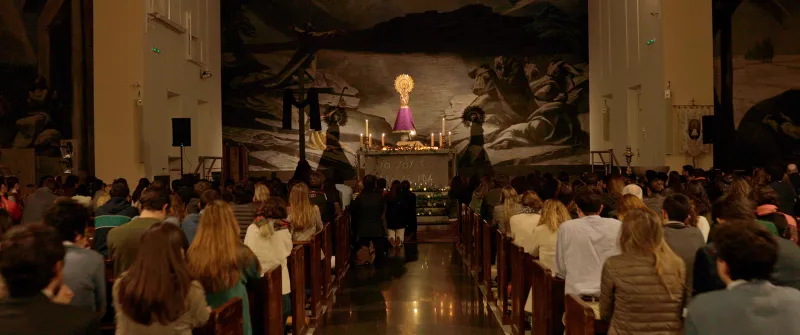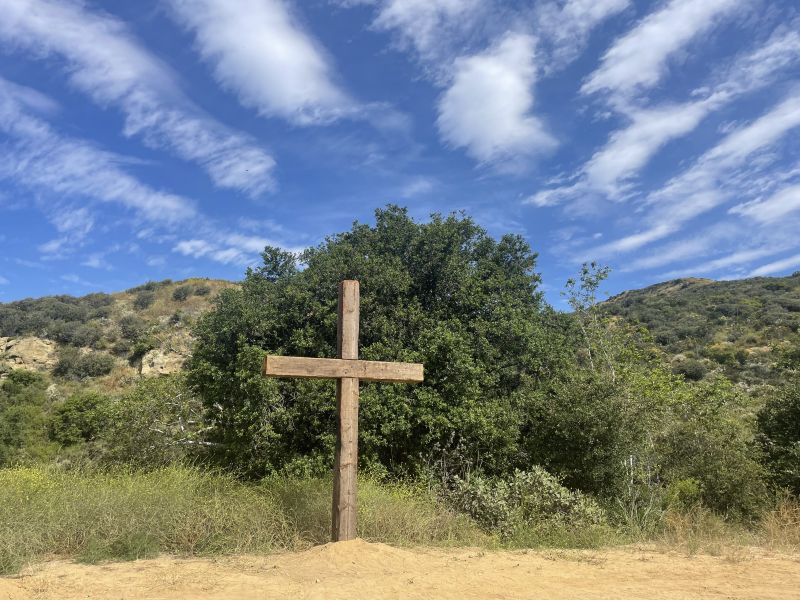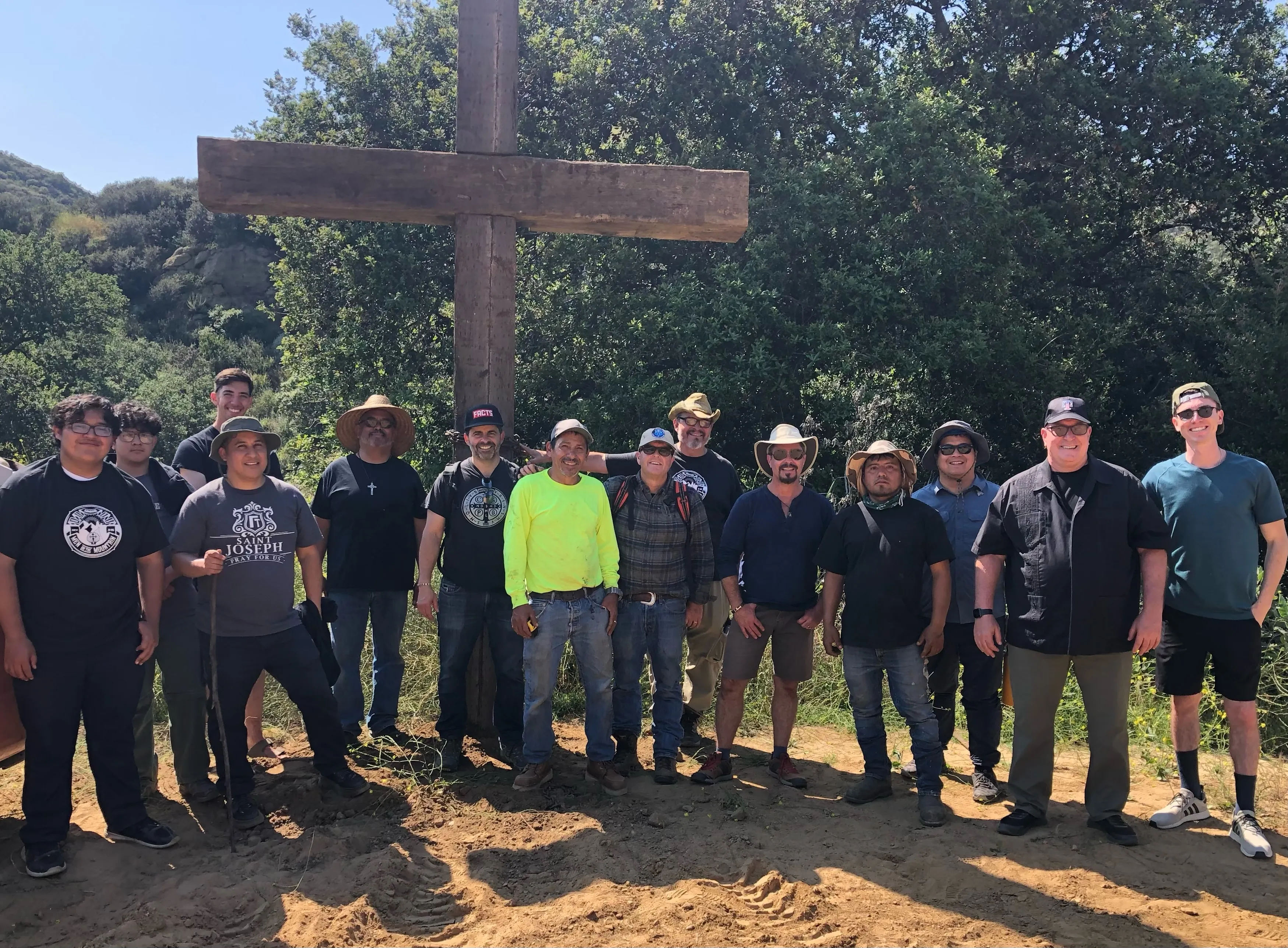
Washington, D.C. Newsroom, May 27, 2022 / 15:23 pm (CNA).
A film highlighting the transformative power of the Eucharist will have an encore showing in theaters in the U.S. on June 21, the day on which the bishops’ Eucharistic revival will begin.
Founder of Bosco Films — the organization that is marketing the film “ALIVE: Who is there?” — Lucía González-Barandiarán said in a press release that “This is exactly what we prayed for.”
She continued: “We are calling on Catholics everywhere to turn out at the theaters! Bring your family, those who are near and those who are far off, and let them experience the truth of the Eucharist and the powerful testimonies of the unlikely men and women who share their stories. No one will leave the theater the same. We have given you a movie about the Eucharist, now it is up to you to lead people to the theaters!”
Directed and produced by Spanish filmmakers, the Bosco Films and Hakuna Films documentary “ALIVE: Who is there?” features the testimonies of five men and women who share how the Real Presence of Christ in the Eucharist has transformed their lives.
The film, which is in Spanish with English subtitles, also includes bonus content, including commentary from Bishop Andrew Cozzens of Crookston, the U.S. bishops’ conference chair on evangelization and catechesis, who is leading the three-year national eucharistic revival.
Cozzens told CNA in April that he hoped many would go see the movie, while praising the film’s mode of using testimony to teach about the Real Presence.
Father Jose Pedro Manglano, founder of the Hakuna movement, said in the press release that “ALIVE always creates a movement and the movement we hope to create is one around renewed Eucharistic devotion.”
“It’s no coincidence with God that the encore showing of ALIVE will take place exactly as the United States Catholic bishops begin their initiative for Eucharistic revival,” he added.
Tickets for the 90-minute-long documentary can be bought through Fathom Events. The film is planned to be available in more than 300 locations across the U.S.
On its April 25 broadcast in theaters, 30,000 tickets to the film were sold in more than 750 locations across the country.
As of right now, Bosco films is in negotiations with Australian distributors to bring the film there. Streaming and DVD will be available after its showing in theaters.
“ALIVE will serve as a tool for Catholic dioceses, parishes, ministries and families to share the message of Jesus Christ present in the Eucharist at a time when the world is in great need of the light, hope and power of Jesus Christ,” the press release says.
“In a very special way, the encore presentation of ALIVE will become a cinematic platform for parish and ministry groups wanting to participate in the national movement toward Eucharistic revival in the U.S.”
If you value the news and views Catholic World Report provides, please consider donating to support our efforts. Your contribution will help us continue to make CWR available to all readers worldwide for free, without a subscription. Thank you for your generosity!
Click here for more information on donating to CWR. Click here to sign up for our newsletter.







Leave a Reply